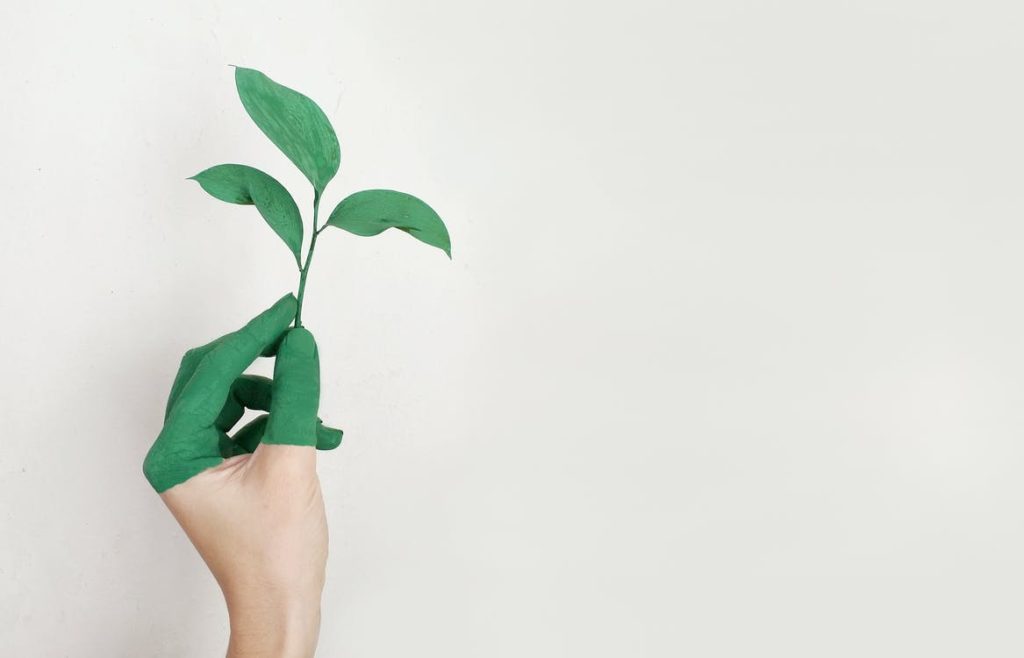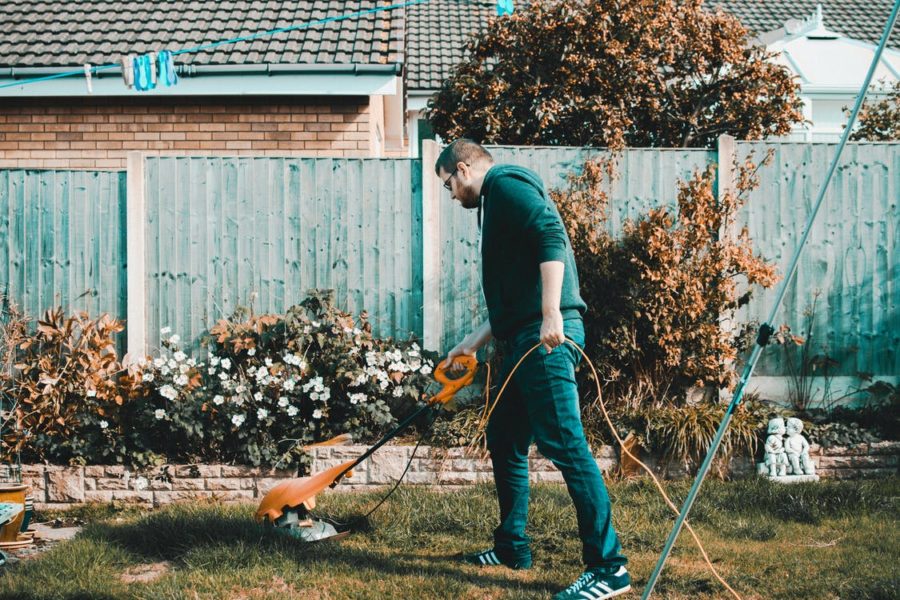
Small Steps That Will Make Your Life More Eco-friendly
It is no secret that our planet is in dire need of help. From the lack of biodiversity to the tremendous amounts of carbon emissions produced by factories around the world, our eco-system is certainly becoming more and more out of balance. Dozens of species go extinct every year due to our negligent behavior.
Unfortunately, eco-consciousness was not exactly a popular concept a few decades ago, which is why many people now cannot grasp the seriousness of the situation. Nonetheless, it’s better late than never! You can still learn more about the environment and go green whether you are in your 20s or 80s. Want to know how you can become more eco-friendly? Then, check out the next few tips.
Reduce Your Power and Water Consumption
Want to help the environment and save some pretty penny while you are at it? If the answer is “yes,” then the first thing you should try is to reduce your power consumption. Don’t worry, though, because it is a lot easier than it initially sounds. First off, you should invest in LED bulbs if you currently use incandescent variants. Not only are LED bulbs more energy-efficient, but they are also extremely sustainable, given that they offer up to 50000 hours of use. A few years ago, the cost of LED lighting might have been too steep for some families, which is why many still shy away from making this switch. Luckily, this is no longer the case. LED bulbs cost only $2.5 or $5 depending on where you get them.
Aside from replacing your bulbs, you can start depending less on your AC in summer. With proper insulation, fans can just be as effective, not to mention that they require less power to run. You must also be careful about your electronics, as they might be sucking power even when idle. To get rid of those phantom loads, you can get a power strip and use it to disconnect your devices when not needed. When it comes to saving water, you may want to try installing low-flow showerheads and getting a half-flush toilet. Taking showers instead of baths is also a fantastic way of saving gallons of precious water and some money every month. Slashing your utility bills and saving the environment? That sounds like a sweet deal!
Change the Fabrics you Use
The fashion industry is one of the biggest culprits behind pollution. The excess use of dyes and water resources greatly harms the environment. While you may not be able to change industry standards, you can forgo unsustainable fabrics. According to the information at https://www.beeco.green/, organic cotton, wild silk, and cork leather are all great alternatives to traditional unsustainable fabrics. Not only that, but using these fabrics, particularly wild silk and cork leather, also helps put a stop to animal cruelty. Moreover, you can start shopping at thrift stores instead of buying brand new clothes. In fact, you can find really fashionable hand-me-downs, provided that you have the time and patience to sort through piles of clothes
Go Zero Waste
Every year, we produce a humongous amount of waste. However, there are some steps you can follow if you are willing to adopt a zero-waste lifestyle. As a general rule of thumb, we recommend that you evaluate your needs before you purchase anything; you’d be surprised how many unnecessary things you buy on a day-to-day basis. You can also replace plastic straws with a sustainable stainless steel one and use it whenever you are eating out. Switching plastic bags with reusable cloth ones can go a long way towards eliminating unnecessary waste as well.
Get into Gardening
Growing your own food is a fantastic way of becoming more self-sufficient and saying no to products that are exposed to pesticides. If you are not exactly blessed with green fingers, you may want to start with something simple like herbs. Mint, oregano, thyme, and basil are all amazing aromatic herbs that do not require much skill to grow.

To make sure that your leftovers do not go to waste, you can use them as compost for your garden. As for supporting biodiversity, you may want to consider adding a beehive to your garden and growing local plants.
While the environment will not recover from decades of abuse in just a few years, you have the power to change things for the better. It all depends on how committed you are to the green lifestyle. By implementing the above hacks, you can be an active member of society and encourage others to follow in your footsteps. So, what are you waiting for? It is time to save our planet!











